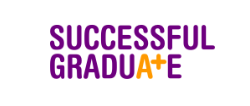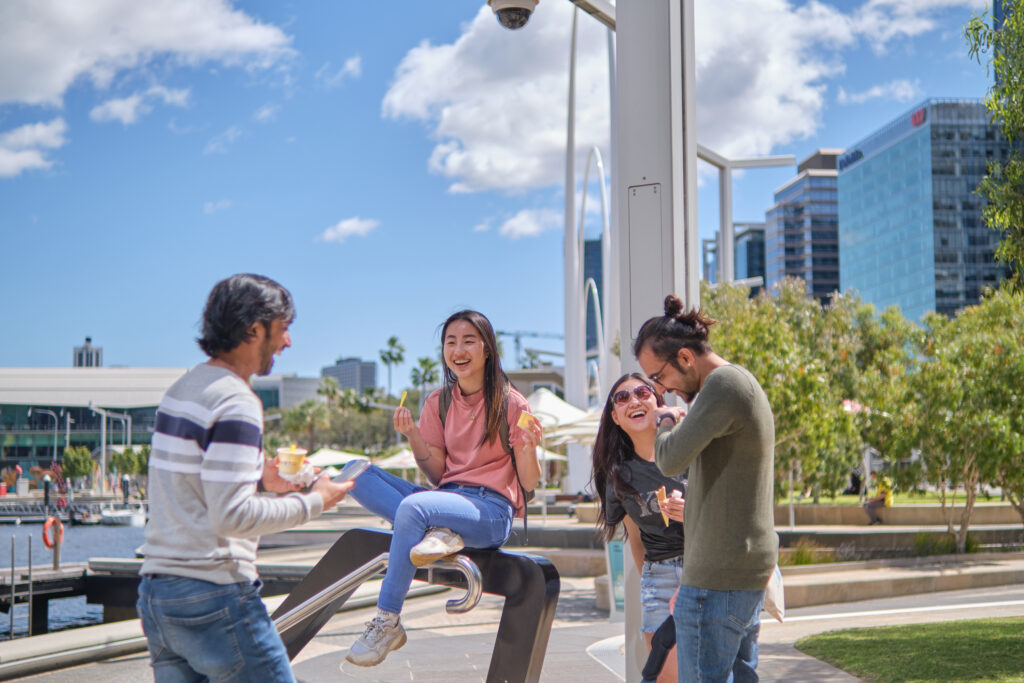The uncertainty surrounding the impact of the COVID-19 pandemic is going to make life more challenging for many people, particularly for those looking for employment. Many of you may have been recently let go from your place of work or are looking for work while studying and, considering the current climate, finding work may be even more challenging than usual.
That doesn’t mean there isn’t work out there, but you’ll need to make sure you have all your bases covered when applying for jobs so you have the best chance of securing your ideal position. To help prepare you for entering the workforce during the pandemic, here are some helpful tips when it comes to writing your CV and achieving a successful interview.
Create a compelling CV
As an international student, you need to make sure your CV is easy to read and highlights the experiences that will make you a valuable employee. The most obvious things to include in your CV are previous work placements and the skills you’ve acquired over your life, but it’s also worth showcasing the experiences you’ve gained as an international student and how this makes you a worthy employee. As someone with a different background, you can bring a fresh perspective to the position, and as recent studies have shown, international students tend to be more creative in their employment when living overseas.
If you are bilingual or can speak a number of different languages this could be a huge advantage, with many large businesses and corporations employing workers who can speak different languages to converse with overseas employees and customers or translate documents.
Highlighting any unique hobbies is another way to catch an employer’s eye. While you might think hobbies such as drawing or pottery aren’t overly exciting, those types of activities demonstrate your creative side, something many employers look for in a worker.
For more information on building the perfect CV, check out Successful Graduate’s articles here and here.
Write a captivating cover letter
One of the hardest things to do is write a cover letter that explains why you are the perfect candidate for the job without coming across as self-indulgent or arrogant. You should keep the letter short, no more than one page, and use it as a means to introduce yourself to your prospective employer. Key parts of a cover letter include mentioning the job you’re applying for, exposing your skillset, and addressing the key criteria of the job advertisement, as well as explaining why you will be the perfect candidate.
A cover letter is a great way to highlight how your skills are relevant to the job while also showing interest in the company. Do this is by writing short and concise paragraphs that are easily digestible. Inject a bit of your personality into your cover letter to demonstrate your character.
LinkedIn is a useful tool
Social media is a fantastic way to sell yourself, especially LinkedIn. Similar to a CV, LinkedIn lists all your skills and previous experiences in one place online where prospective employers can find you. It’s a great way to connect with like-minded professionals, create a network of contacts, and build a foundation for your brand. Be sure to add a link to your LinkedIn page on your CV.
Successful Graduate cover using social media to your advantage here.
Leave a good impression while interviewing
If you’ve managed to secure a job interview with your CV, the next step is converting your skills into an interview setting. It might be hard to believe but many employers will have their minds made up within the first few minutes of an interview on whether they want to hire you, so you need to master your first impression.
Create a strong first impression by dressing for the occasion (even if your interview is taking place over Zoom!), smile confidently and make eye contact when talking and listening. Make sure you‘ve done your research on the business, as you will most likely be asked what you know about the company. Also be ready to discuss both your strengths and weaknesses, as this is a common interview question.
While easier said than done, relax and have fun with the process. If you can act as natural as possible and come across as genuinely interested in the job, you’re well on your way to a new career.
For Successful Graduate’s top interview tips, click here and here.
Follow-up email
One of the worst things that can happen after an interview is a lack of communication. Most places will get back to you within a few days or a week at most, but sometimes you might not hear back at all, which is when it’s best to get in contact. A quick phone call or short email is the best way to do this. You’ll want to ask about the position and if they are still deciding on who to employ without coming across as pushy or demanding.
We understand that many people have lost their jobs due to the COVID-19 pandemic. In these trying times, it is important you prepare the most competitive job application that you possibly can.
Register here for Successful Graduate’s free webinar to ensure you understand the seven steps to job readiness.





